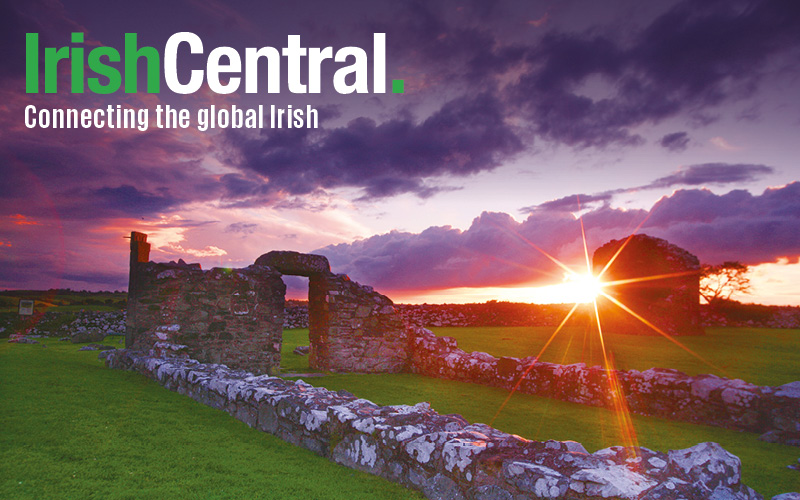What’s behind Sinn Fein’s remarkable rise to power in the Republic? An opinion poll this week showed they are now jointly Irelands top party, with 24 per cent support, the same as Fine Gael.
Well the reasons may include the decades long sleep of their complacent political opponents, for a start. In recent years as our established parties bailed out the banks, gutted public spending to pay for it and handed the keys to the nation over to the IMF and Angela Merkel, Sinn Fein has emerged as something new and unexpected, a genuine left wing voice in Irish politics.
Most people now agree that Fianna Fail drove the nation into a dead end and abandoned it. After that Fine Gael and Labour arrived to mop up the crime scene but stuck us all with the bill.
Now the established parties on both sides of the border are terrified that Sinn Fein will overtake their own power bases in an unstoppable populist vote for national course correction and serious change.
Of course Sinn Fein is prepared for this dramatic change in their fortunes because Gerry Adams has always played the long game. Even his Twitter account is a remarkable public perception filter, alternately presenting him as insightful or disconcertingly goofy, man of action and man of Aran.
Meanwhile our main parties have been asleep at the wheel as a populist shadow government has formed in their own backyard.
If the Irish government hasn’t taken the threat of Sinn Fein too seriously until recently, they can be forgiven. After all, since partition Ireland has developed simultaneously, north and south, side by side, but usually separately.
In the north, the nationalist community were essentially walled off, or in Seamus Heaney’s memorable phrase, “besieged within the siege.” In the south, northern nationalists began to be considered a sort of lost tribe, the far away echoes of a historical conflict, paid lip service to but largely forgotten in the larger struggles after independence.
But now, to everyone’s astonishment, it seems the ghosts of 1916 and 1923 are finally coming home – and with a generous serving of Irish irony, just in time for an Easter 2016 general election.
More than anything, it would appear that the bill for consciously consigning generations of working class Irish people to the four corners of the earth is finally coming due.
That’s why all the panicked talk in Dublin now is of the strong whiff of cordite still coming off these nordy upstarts in their off-the-rack Armani suits (haven’t they ever heard of Louis Copeland?).
Dublin’s top tier objects to Sinn Fein’s rabble rousing and all their empty promises to the lazy proletarians in council estates that they consider their chief electorate. Ireland can somehow afford spectacular ministerial salaries but there’s simply nothing left for the working stiffs and that’s life, see.
So possibly the best way to understand the kind of dramatic changes that are suddenly thawing the edges of the Irish political glacier can be found in Scotland with Alex Salmond, a man after Gerry Adam’s heart.
In Scotland last month the country’s poor voted overwhelmingly for independence from the UK, because – rather poignantly - when given a real choice the poor always vote for change.
But they were put back in their place with a No vote, thanks to the comfortable middle classes voting to stay comfortable.
The final Yes numbers bolster this poor-say-yes the well-off-say-no idea: Dundee (57.3%), Glasgow (53.5%), West Dunbartonsire (54%) and North Lanarkshire (51.1%) all share an important characteristic, they are among the most disadvantaged areas in Scotland.
The problem in Scotland is not small. One million Scots live in poverty. One in five is on the bread line, and the situation is getting worse not better.
One of the fieriest questions of the independence debate was the tussle over the health service. The link between poverty and poor health is the same in Scotland as it is everywhere else, but it’s now the biggest problem facing the nation.
Health inequalities are a manifestation of social inequalities, just as here in the US. Those who enjoy access wanted to keep it and not have to worry about whether their neighbors could do the same.
Watching all of this unfold, Ireland has been having a shadow referendum of its own. Unlike in Scotland however, dramatic change is becoming a certainty. That’s because Ireland's golden circle is even smaller than Scotland's. Most Irish people live outside its reality, although not outside its influence. It’s socialism for the few and social Darwinism for the many.
It’s had a good run but its time may be up.




Comments